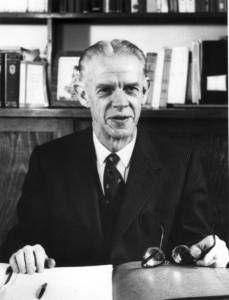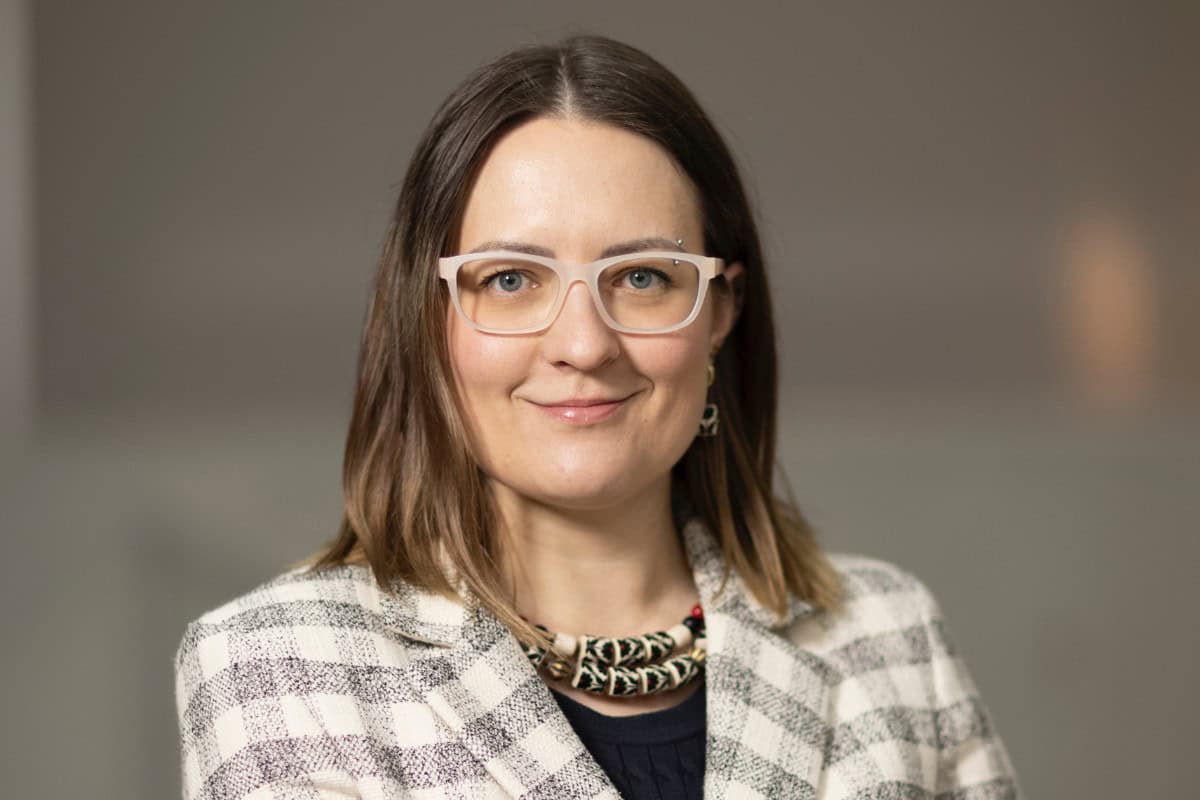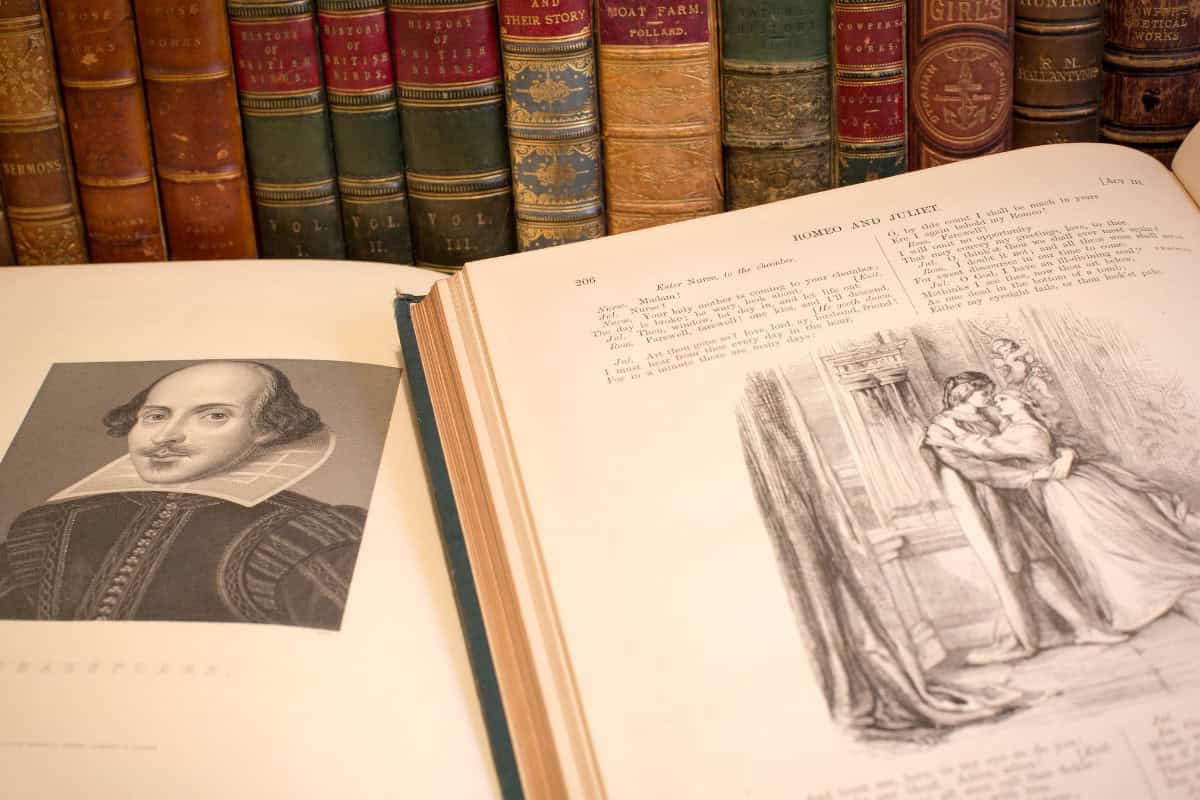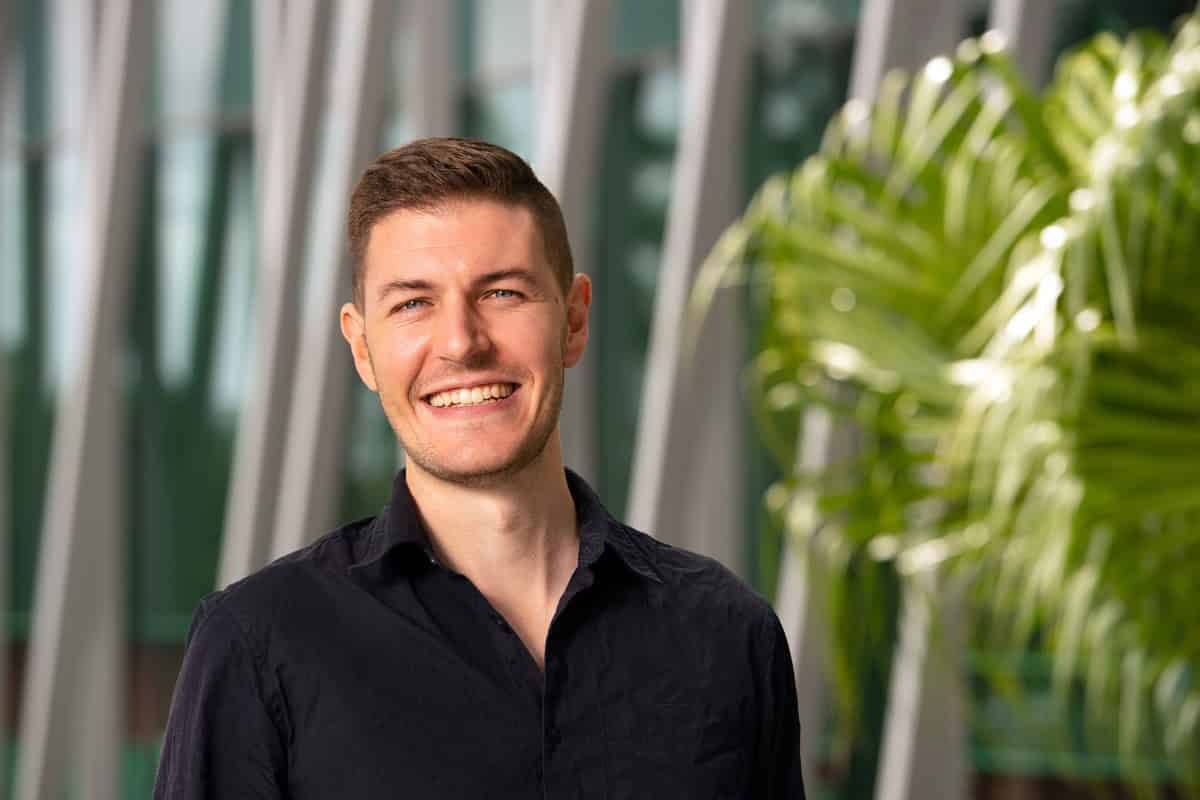Max Crawford Medal
The Max Crawford Medal is Australia’s most prestigious award for achievement and promise in the Humanities. It is presented annually to an early-career scholar working and publishing in the humanities, whose publications contribute towards an understanding of their discipline by the general public.
Eligibility
- The award is based on a nomination process and nominations will be accepted by Fellows and non-Fellows. The Nominator must obtain the permission of the Nominee before nomination. Self-nominations are not accepted.
- Nominees must be Citizens or Permanent Residents of Australia who are residing in Australia at the time of nomination.
- Nominees must be in the early stages of their careers, which will be determined, inter-alia, by how recently a PhD was conferred. In normal circumstances it should have been conferred no more than five years prior to the closing date for nominations.
- Nominees who have received their PhD more than five years ago but who can demonstrate a significant, commensurate period of career interruption (such as maternity or parental leave, carer’s responsibility, illness, unemployment, or non-research employment) may be considered eligible. This includes disruptions caused by COVID-19. A justification for the career interruption must be submitted as part of the proposal.
Criteria
- Quality and Impact: The Nominee’s work must be both of high quality, and deep impact. It must be academically sound and thoroughly researched and have contributed to a deeper understanding of a humanities discipline amongst the general public.
- Enrichment of Cultural Life: The Nominee’s work must have contributed to the enrichment of the cultural life of Australia or have the potential to do so.
- Media/Genre: The Nominee’s work can exist in any form, as long as it fulfils the selection criteria. It could be a monograph, a television or radio documentary, a series of journal articles, a scholarly website, or a film of academic merit, etc.
- Goal Focused: The Nominee’s work must focus specifically on a particular research goal within the wider discipline. For example, for a series of journal articles to meet this criterion, they must all have in their purpose the development and/or conclusion of a specific path of research in a humanities discipline.
Nominations
Nominations for the 2024 round have closed. Enquiries may be directed to grants@humanities.org.au.
Announcements will be made 6 August 2024.
Award History
 This medal has been made possible by a generous bequest by Foundation Fellow and eminent historian Emeritus Professor R. M. (Max) Crawford OBE FAHA (1906–91). Professor Crawford greatly influenced the teaching of history in Australian universities and schools and helped found Historical Studies (the first academic journal dedicated to Australian history), the Australian Institute of Aboriginal and Torres Strait Islander Studies and the Australian Humanities Research Centre.
This medal has been made possible by a generous bequest by Foundation Fellow and eminent historian Emeritus Professor R. M. (Max) Crawford OBE FAHA (1906–91). Professor Crawford greatly influenced the teaching of history in Australian universities and schools and helped found Historical Studies (the first academic journal dedicated to Australian history), the Australian Institute of Aboriginal and Torres Strait Islander Studies and the Australian Humanities Research Centre.
Originally a biennial award, the Academy began awarding the Crawford Medal on an annual basis in 2019 to coincide with its 50th-anniversary celebrations.
Previous recipients
Since the inaugural award in 1992, recipients have gone on to forge strong careers in the Australian humanities community.
Dr Olga Boichak is a Senior Lecturer in Digital Cultures and the Director of the Computational Social Science Lab at the University of Sydney. She is a media sociologist researching the role of information and communication technologies in shaping public perception and outcomes of wars. Her scholarship lays the groundwork for new directions in the studies of peace and conflict, particularly in the areas of participatory war, influence operations, digital humanitarianism, and open-source intelligence. Currently, she is an Australian Research Council DECRA Fellow working on project that maps colonial topographies of digital sovereignty in Ukraine, as well as chief investigator on a suite of research projects that explore digital and social media in a geopolitical context.
She currently serves as Director of the Ukrainian Studies Foundation in Australia, Executive Committee member of the Ukrainian Studies Association of Australia and New Zealand and is on the list of prominent Australians personally sanctioned by the Kremlin.
Read more about Dr Boichak’s work
Dr TJ Thomson is a senior lecturer in the School of Media and Communication at RMIT, a core member of the RMIT Digital Ethnography Research Centre, an affiliate of the Australian Research Council Centre for Excellence in Automated Decision-Making and Society, and an Australian Research Council DECRA Fellow. TJ is a former journalist who focuses his academic work on the visual aspects of news and journalism and on the concerns and processes relevant to those who make, edit, and present visual news.
He has broader interests in digital media, journalism studies, and visual culture and often focuses on under-represented identities, attributes, and environments in his research. TJ also holds a three-year research fellowship (2023-2026) funded by the Australian Research Council, to explore the quantity and quality of local visual news in regional and rural Australia, The Australian Academy of the Humanities funded the preliminary work on this project with a Travelling Fellowship in 2021. Follow him on Twitter and LinkedIn.
Read more about TJ’s work: Improving media literacy in Australia.
Dr Laura Smith-Khan is a Chancellor’s Postdoctoral Research Fellow in the Faculty of Law at the University of Technology Sydney. Her research examines the inclusion and participation of minoritised groups in legal settings, especially migration processes, and seeks to uncover and address inequality. Her current project explores the role of migration lawyers and agents in these processes.
On receiving the award, Dr Smith-Khan said:
As a first-generation academic, I am profoundly grateful to be able to do what I love as my job. That privilege, and achievements like receiving this medal, are only possible thanks to the sustained and substantial support I have received from my mentors in academia. They remind me that scholarship is a communal endeavour and one in which we should always strive to lift each other up and create opportunities for each other. This is particularly important in interdisciplinary areas, and receiving this medal motivates me to continue my work with colleagues to build a scholarly network of researchers and practitioners in linguistics and law.
Dr Andre Brett, a self-confessed ‘train buff’ and one of the leading historians working in and on the history of Australia and New Zealand, is the recipient of the Australian Academy of the Humanities’ 2021 Max Crawford Medal.
Despite being legally blind, Dr Brett has carved out an impressive career since receiving his PhD in History at the University of Melbourne. A University of Wollongong-based researcher and the recipient of numerous prizes and grants, he has researched at every major state and national repository in Australasia, has been published through major university presses and high ranked journals, and has enjoyed something of a ‘second career’ as a public historian producing content for exhibitions and television.
Dr Brett, who refuses to be pigeon-holed in his research work, said he was ‘absolutely stunned’ and ‘still can’t believe it’ on being told about his award. ‘I have worked with fantastic, supportive people, and in this I have been extraordinarily lucky.’
2012: Dr Lisa Ford, University of New South Wales
2012: Dr Michael Ondaatje, University of Newcastle
2014: Dr Tom Murray, Macquarie University
2016: Dr David McInnis, University of Melbourne
2016: Dr Louise Richardson-Self, University of Tasmania
2018: Dr Raihan Ismail, Australian National University
2018: Dr Ana Tanasoca, University of Canberra
2019: Dr Ronika Power, Macquarie University
2020: Dr Billy Griffiths , Deakin University
2010: Dr Roland Burke, La Trobe University
2008: Associate Professor Kate Crawford, University of New South Wales
2006: Dr Christopher Hilliard, University of Sydney
2004: Professor Kirsten McKenzie FAHA, University of Sydney (elected a Fellow of the Academy in 2017)
2002: Professor Glenda Sluga FAHA, University of Sydney (elected Fellow of the Academy in 2009)
2000: Professor John Hajek FAHA, University of Melbourne (elected Fellow of the Academy in 2005)
1997: Professor Tom Griffiths AO FAHA, Australian National University (elected Fellow of the Academy in 2000)
1996: Dr Lesley Stirling, University of Melbourne
1995: Professor Nicholas Thomas FBA FAHA, Australian National University (elected Fellow of the Academy in 1997)
1994: Dr Geremie Barmé, Australian National University
1993: Professor Hilary Fraser FAHA, University of Western Australia (elected Fellow of the Academy in 1995)
1992: Professor Janet McCalman AC FASSA FAHA, University of Melbourne (elected Fellow of the Academy in 1993)



